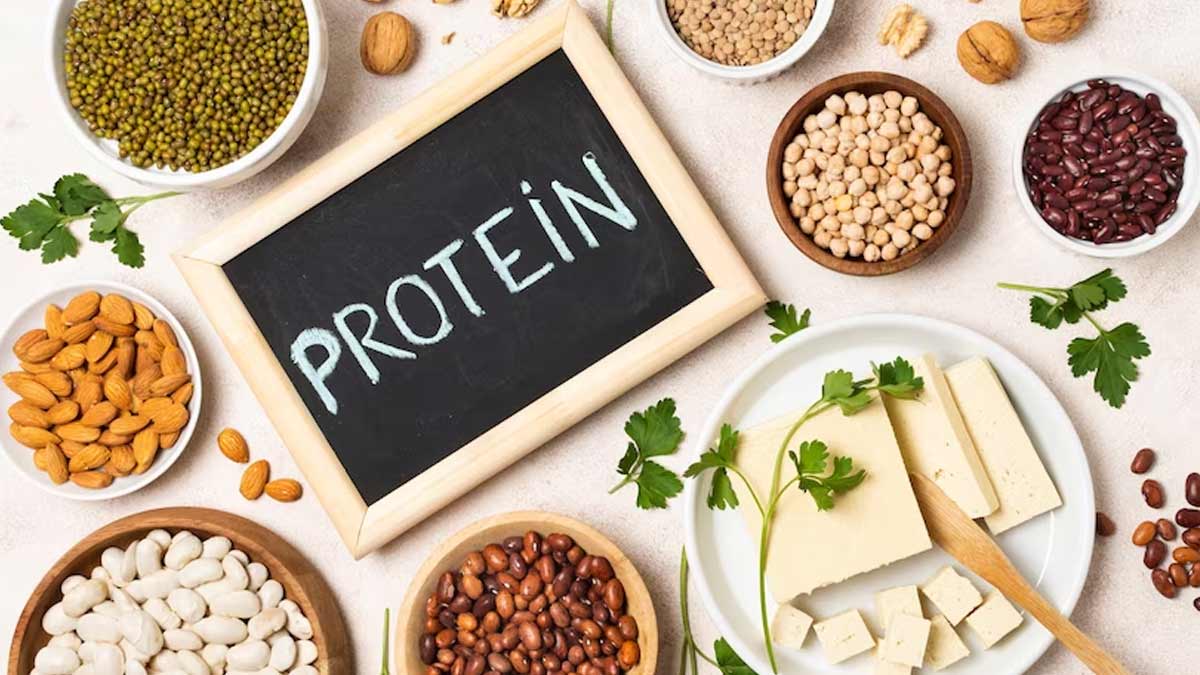
Protein is an essential macronutrient that plays a vital role in the body's growth, repair, and maintenance. It's no wonder that protein-rich diets have gained popularity among fitness enthusiasts and health-conscious individuals. However, like any nutrient, too much of a good thing can have its downsides. In this article, we will explore the concept of excessive protein intake, the potential risks associated with it, and guidelines for finding the right balance.
What Is The Protein Need Of Our Body
The recommended daily protein intake varies depending on factors such as age, sex, weight, physical activity levels, and overall health. For an average sedentary adult, US National Academies Press recommends approximately 0.8 grams of protein per kilogram of body weight. Athletes, pregnant or breastfeeding women, and individuals recovering from certain medical conditions may have increased protein requirements.
Potential Risks of Excessive Protein Intake
While protein is imperative for our optimal health, consuming excessive amounts for an extended period may pose certain risks:
Kidney Strain
A high-protein diet can put strain on the kidneys, as they are responsible for filtering and eliminating waste products of protein metabolism. Prolonged excess protein intake may contribute to kidney stress, particularly in individuals with pre-existing kidney issues.
Also read: Protein Powders: Benefits, Types, And What You Should Know
Dehydration
Protein metabolism requires additional water for processing. Consuming excessive protein without adequate hydration can potentially lead to dehydration, as the body may need to draw water from tissues.
Nutritional Imbalances
Relying heavily on protein-rich foods may lead to an imbalance in other essential nutrients. If protein sources replace a significant portion of a varied diet, there may be a shortfall in the intake of vitamins, minerals, and fibre from other food groups.

Increased Disease Risk
Study suggests a potential association between high-protein diets, particularly animal-based proteins, and an increased risk of certain health conditions such as heart disease, kidney stones, and osteoporosis. However, more research is needed to establish conclusive evidence.
How To Find A Right Balance
Achieving a balanced protein intake is key to reaping its benefits while minimising potential risks. Consider the following guidelines:
Consult a Doctor
If you have specific health concerns or are considering a high-protein diet, consult a registered dietitian or healthcare professional. They can assess your individual needs and provide the right information.
Calculate Your Protein Requirements
Determine your protein needs based on factors such as age, sex, weight, and activity level. Use reputable sources or seek professional guidance to establish an appropriate protein intake range.
Distribute Protein Intake Throughout the Day
Instead of consuming most of your daily protein in a single meal, distribute it evenly throughout the day. This approach allows for optimal utilisation and absorption of protein by the body.
Also read: Whey Protein Or Diet: What Matters The Most For Weight Loss
Include Variety in Protein Sources
Incorporate a variety of protein sources into your diet, including lean meats, poultry, fish, legumes, nuts, seeds, dairy products, and plant-based alternatives. This diversifies your nutrient intake and reduces reliance on a single source.
Focus on Whole Foods
Emphasise whole, unprocessed protein-rich foods over supplements or heavily processed protein products. Whole foods provide a broader spectrum of essential nutrients and are generally healthier choices.
Prioritise Overall Balanced Nutrition
Remember that a healthy diet is not solely about protein intake. Focus on consuming a variety of nutrient-dense foods, including fruits, vegetables, whole grains, and healthy fats, to ensure a well-rounded and balanced diet.
Protein is undoubtedly a vital nutrient for overall health and well-being. However, excessive protein intake can potentially pose risks to certain people.







